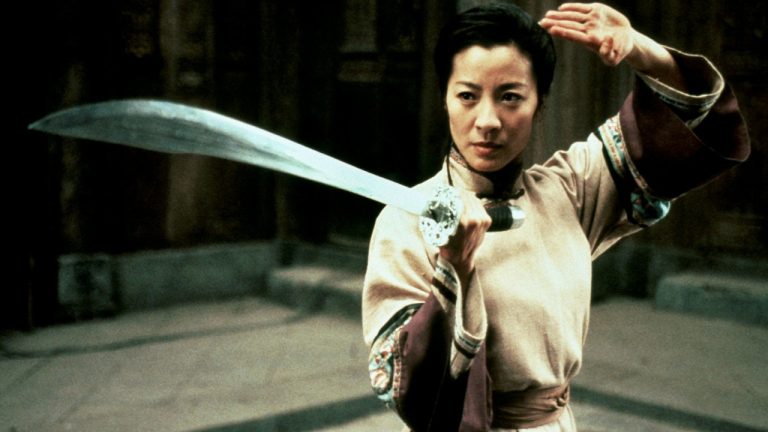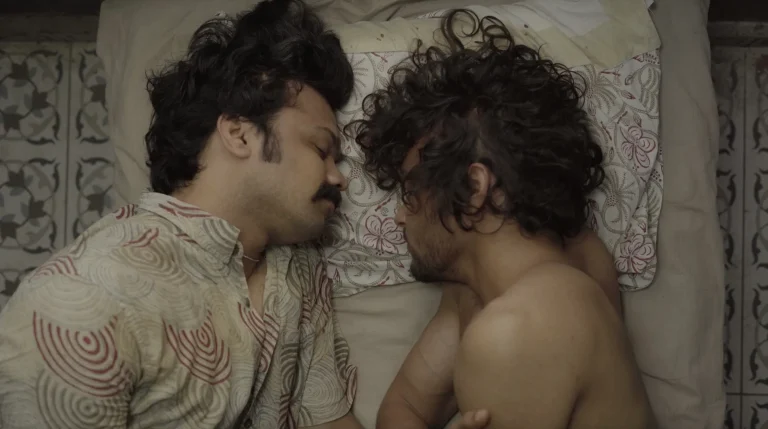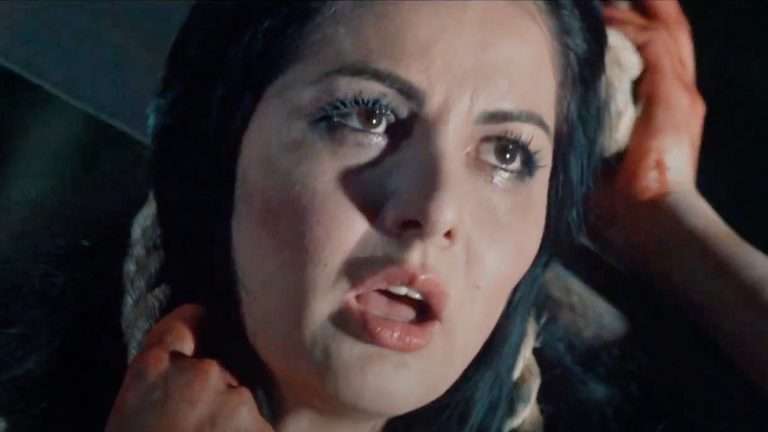‘The Territory’ is a hard-hitting Nat Geo documentary on the Uru-eu-wau-wau community in Brazil. These indigenous people have been living on their forestland for ages but the changing circumstances and hostile governments have seen their number dwindle sharply over the years. A rising consciousness has opposed their proclaimed right over the land. When they take the law into their own hands, chaos and tragedy fill the air in this chilling account of oppression and the unwavering resolve of the Uru to fight back.
It was first in the year 1980 that the Brazilian government contacted the Uru people to discuss issues around their safety. Since then, the changing preferences and priorities of incumbent governments have seen them be subjected to hate-filled attacks. The one endearing thing that stuck with me after watching the documentary was that it never tries to portray the Uru as victims. And the invaders are evil, stark men with hawkish and savage beliefs. Yes, the injustices are captured on camera, and the substance of what is happening to them is communicated. But the tone in which it is done does not indicate helplessness. Whatever setbacks come their way, they deal with them as a collective unit. Their response shows their mentality and character.
Related to The Territory – Fire in the Mountains [2022] Review: A Clash of Science and Religion in an Underprivileged Community
‘The Territory’ focuses mainly on the period that coincided with the start of President Bolsonaro’s regime. Along with the impact of his election to the Parliament, we are also shown snippets from his campaigns and televised speeches. His political bid to eat into indigenous reserves is met with raucous applause and support. Political rhetoric has fueled these feelings of hatred and acts of aggression towards the indigenous people. This institutional approval of entitlement and superiority is toxic for the balance and harmony of public peace and order. And it is shown to be disrupted after he is elected. The leader has been a controversial figure in public viewing. His mismanaged and careless handling of the COVID pandemic sunk Brazil into widespread tragedy and the country still ranks among the nations to have suffered the most deaths from the virus.
Through Neidinha, a local environmentalist and activist, we are also acquainted with the people of the community and their traditions from the inside. The attempt is not to glorify and put on a pedestal the people as a sacred entity but to enable us to understand what their culture means to them. Such nuances are often lost in translation when you read about them in books or see them reported on television news. Among the most important members is Bitate, a young Uru boy. He is elected as the leader of the community, and through him, we see leadership, shepherding the people to drive out invaders. His vision is to use technology, updated weaponry, and strategic action to protect their land. Neidinha meets up with the Uru surveillance team to check out the damage after Bolsanaro is elected president. The months of turmoil also capture her own family getting threatened for advocating the community’s interests.
The other side of the coin includes the angst of loggers and land grabbers: the settlers. Martin, who leads the group, sheds some light on their perspective on things. Their rationale for what they do is that the very first road or establishment in Brazil was built this way – by logging down trees and forests. They proclaim the land as their own and argue that they are “tending” it for the time when the government makes it official in the letter of the law. Irrespective of whether or not it appears to be reasonable, they can really do what they want. The toothless Indigenous Affairs Agency has no resources to pursue these land thieves. They’re helpless in executing their official mandate to help the marked communities. Society has been reimagined in a Hobbesian reality: the strongest man wins on account of their brute strength. So what will win this war? Guns and money.
Also, Read – Kakababur Protyaborton [2022] Review – More of a lacklustre travelogue of the Savannah than a Film
The Association of Rural Producers of Rio Bonito is a consolidated organization with similar interests. Documentarians try their best to balance the scales and show an equal say in the conversation. The plea to use the vast lands for the rehabilitation of struggling families is not without reason. The justification is not only limited to the modern sensibilities of equity and socialism, there is also the biblical shield of God-ordained actions. While the latter might not be readily acceptable to the thinking man, the former does raise valid qualms about the division. We also see an impassioned plea from a farmworker, Sergio, of the Brazilian dream: to own land and sustain themselves from it. His feelings of injustice in the division of land between the indigenous people and others capture a sense of defeated morals.
It has nothing to do with the Uru community but the failure of the State machinery to ensure that fairness touches the lives of these desperate people from all avenues of democratic duty. The obligation is avoided so casually, that it almost seems to be non-essential, to begin with. As the documentary says, the fate of the Amazon is linked with that of the Uru community. These indigenous people across geographies have a pivotal role to play in the preservation of local ecologies. However, at the same time, governments must take on more proactive roles to harmonize their existence with the common populace and figure out ways to use any excess lands to balance the scales. ‘The Territory’ does not fully take on a political color but is deeply inspired by the indignation towards the government’s facilitative and inflammatory role. The cultural insights into the Urus and those in conflict with them show we have a long way to go before the storm is contained.




![Bulbul Can Sing [2019] ‘LIFF’ Review – The Discernible mellow Voice in peculiar Social noise](https://79468c92.delivery.rocketcdn.me/wp-content/uploads/2019/06/bulbul-can-sing-highonfilms-768x384.jpg)
![Vengeance Is Mine [1979]: An Ominous Remainder of the Darkest Corners of Human Mind](https://79468c92.delivery.rocketcdn.me/wp-content/uploads/2016/04/vengeance1.jpg)


